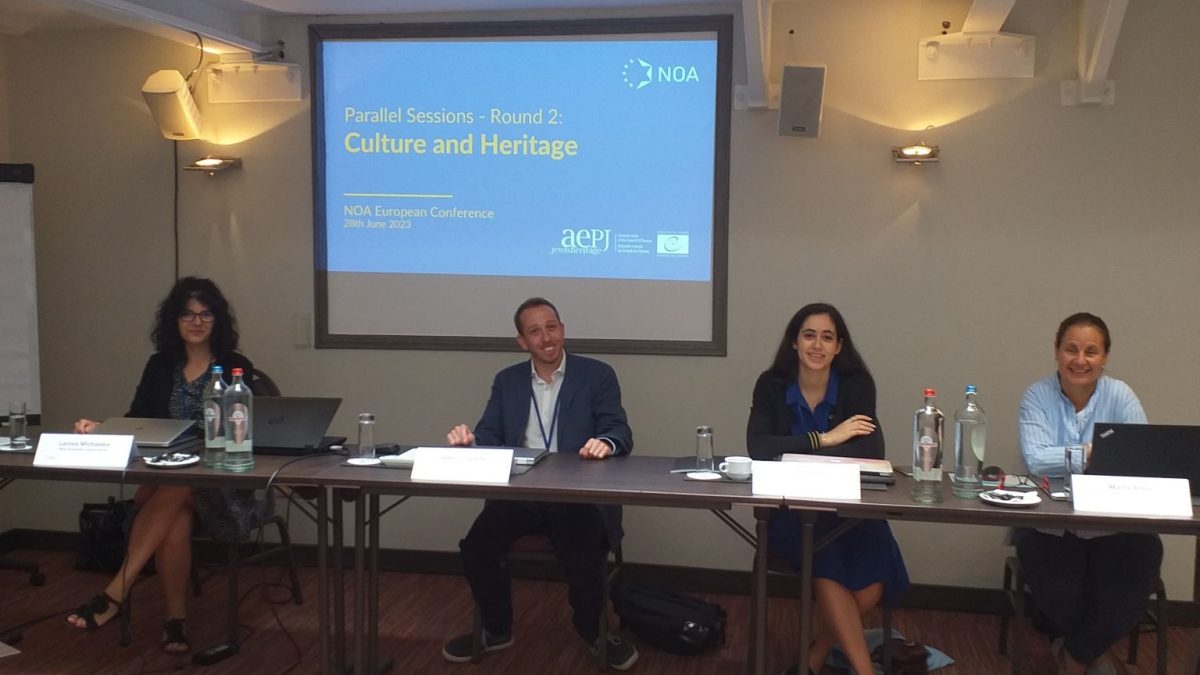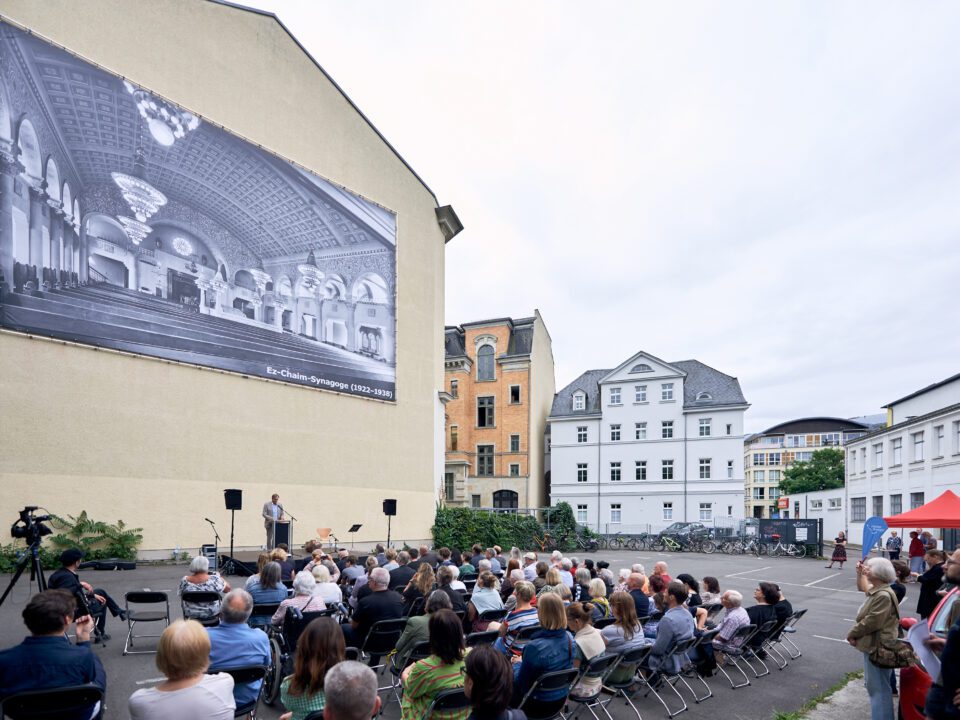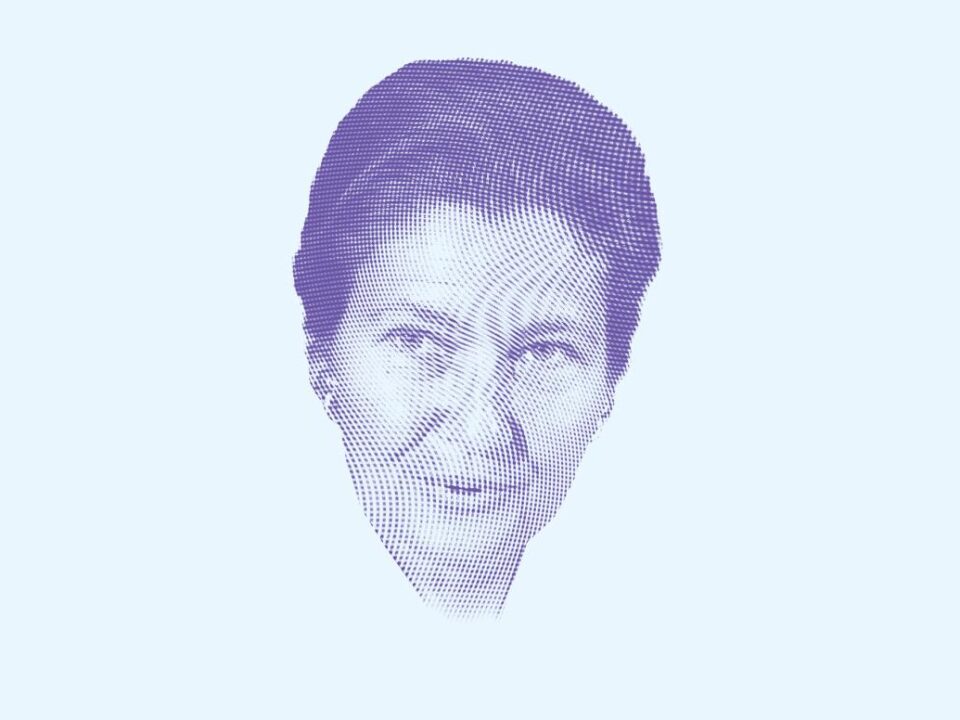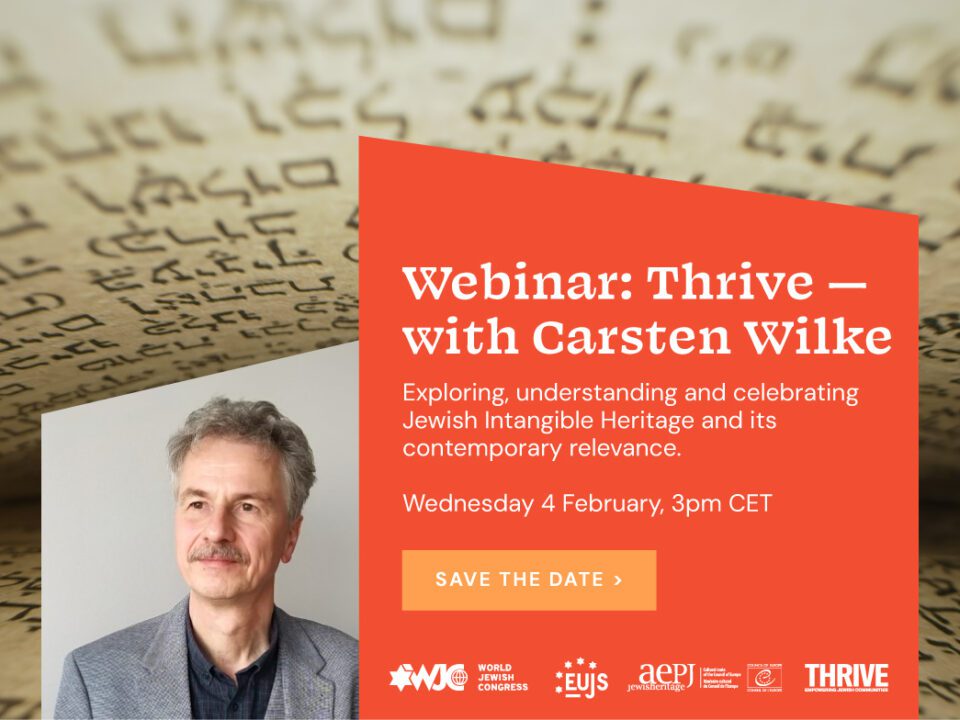AEPJ Members Participated in the NOA European Conference


With its unique partnership of major Jewish networks, the NOA Project aims to evaluate EU Member States’ policies across areas, from education to culture and security, and to help them develop holistic national action plans to address and prevent antisemitism. The AEPJ is very happy to have taken part in the NOA Project over the past three years, a project financed by the CERV programme of the European Commission and whose first edition is coming to an end.
Members from the AEPJ team were invited to attend and to speak during the two-day NOA conference, which brought together over 100 representatives from civil society organisations and public authorities to reflect on the results, lessons, measures and experiences in addressing, preventing and fighting antisemitism, informed by the tools developed in the NOA Project. AEPJ President François Moyse, Board Member Peninah Zilberman were among the participants present on behalf of the AEPJ.
Day 1 of the conference opened with a speech by Paulina Brandberg, Minister for Gender Equality and Working Life, Swedish Presidency of the EU Council, who commended the six Jewish organisations that have “come together to make this project a reality” — CEJI, the World Jewish Congress (WJC), the European Union of Jewish Students (EUJS), the European Union for Progressive Judaism (EUPJ), B’nai B’rith Europe, as well as the AEPJ. The rest of the day featured a moving performance by the Bridge Theater Company, highlighting the results of the Belgian Report Card findings of the NOA Project, panel discussions on national strategies for combatting antisemitism, as well as a host of parallel workshop sessions exploring different ways of responding to antisemitism.
Day 2 of the conference began with a panel discussion on the roles and responsibilities of the youth in the fight against antisemitism. Consequently, EDJC Project Manager Federico Szarfer and Communications Officer Judith Teboul of the AEPJ, along with Marta Simo and Larysa Michalska, interdialogue experts for the EDJC 2021, led one of three parallel sessions focusing on the potential role of Jewish culture and heritage as a means to combat antisemitism. The panel considered culture and heritage as channels for cultural dialogue, promotion, and better understanding of European history and present, while raising awareness of cultural diversity.
The panel also included the presentation of good practices, specifically focusing on the actions that have been developed within the NOA project, the first being the 2021 edition of the European Days of Jewish Culture, which nurtured the Inspiring Dialogue sessions, and the latter being the best practices relayed through the four pluralism seminars that occurred in the fall of 2022 in the cities of Florence, Sarajevo, Prague and Cordoba. Each aimed to render the public sensitive to the influence of Jewish communities upon the local culture and, inversely, cultural practices transmitted from the local context to these particular Jewish communities. AEPJ member Delphine Yagüe presented the conclusions of the session on behalf of the AEPJ.
The conference ended with a discussion featuring Katharina von Schnurbein, European Commission Coordinator on combating antisemitism and fostering Jewish life. Expressing that it was “unthinkable to think about these kinds of debates 5 years ago,” Ms. Schnurbein highlighted the valuable contributions produced by the NOA Project and its six organizing members to the fight against antisemitism in Europe in terms of the concrete evidence and data garnered from different areas, such as education, sports, culture, and heritage, which are all monitored under the European Union strategy.
We would like to end by mentioning how proud we are to have completed this project with such great partners and how excited we are for the opportunity to continue to helping with the development of this landmark project.


